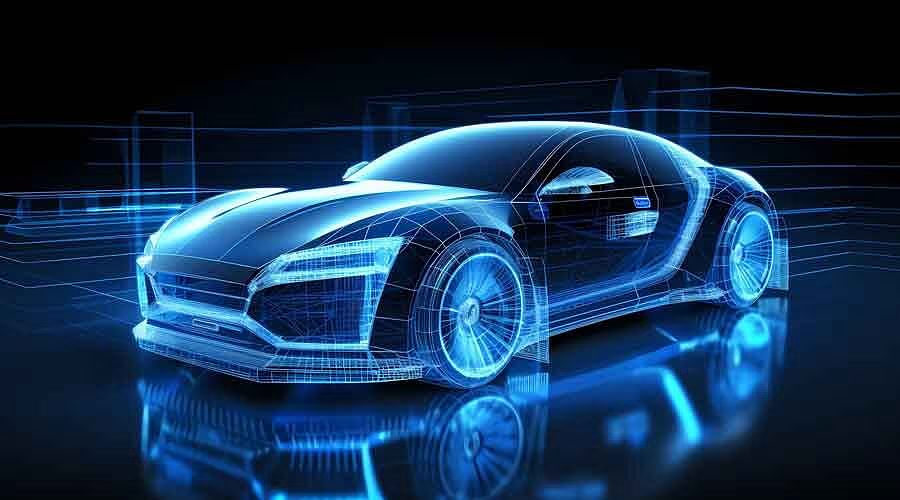
Artificial intelligence is transforming the automotive industry, making transportation smarter, safer, and more efficient. From self-driving cars navigating city streets to AI-powered traffic management systems reducing congestion, AI is redefining how we travel. With innovations like real-time route optimization, predictive maintenance, and automated parking, the future of driving is increasingly hands-free and AI-driven.
Self-driving cars, also known as autonomous vehicles, use AI, sensors, and cameras to analyze their surroundings and make real-time driving decisions. These vehicles can detect obstacles, recognize traffic signals, and respond to road conditions without human intervention. Companies like Tesla, Waymo, and traditional automakers are investing heavily in this technology, aiming to reduce accidents and improve road safety.
AI-powered navigation systems go beyond simple GPS mapping. They analyze live traffic data, weather conditions, and historical driving patterns to optimize routes in real time. AI is also helping city governments manage traffic flow through intelligent traffic lights and congestion prediction models, leading to smoother and faster commutes.
AI in vehicles can monitor engine performance, tire pressure, and other critical components to predict maintenance needs before a breakdown occurs. By analyzing sensor data, AI can notify drivers about potential issues, helping to reduce repair costs and increase vehicle lifespan.
Parking assistance powered by AI is making urban driving more convenient. Smart parking systems can detect available parking spaces and even guide the vehicle into tight spots without driver input. Some advanced cars are now equipped with full parking automation, allowing drivers to step out while the car parks itself.
Despite the advancements, AI-driven transportation faces challenges. Safety is a major concern, as self-driving technology is still being tested in real-world conditions. Ethical dilemmas, such as how an AI should react in unavoidable accident situations, also need to be addressed. Additionally, cybersecurity risks must be managed to prevent hacking or system failures in AI-controlled vehicles.
With AI taking over more driving functions, the big question remains: Are we ready to trust AI with the wheel? While AI can enhance safety and efficiency, many people remain skeptical about fully autonomous cars. Would you feel comfortable in a car with no human driver? Or do you believe human oversight is still necessary?
